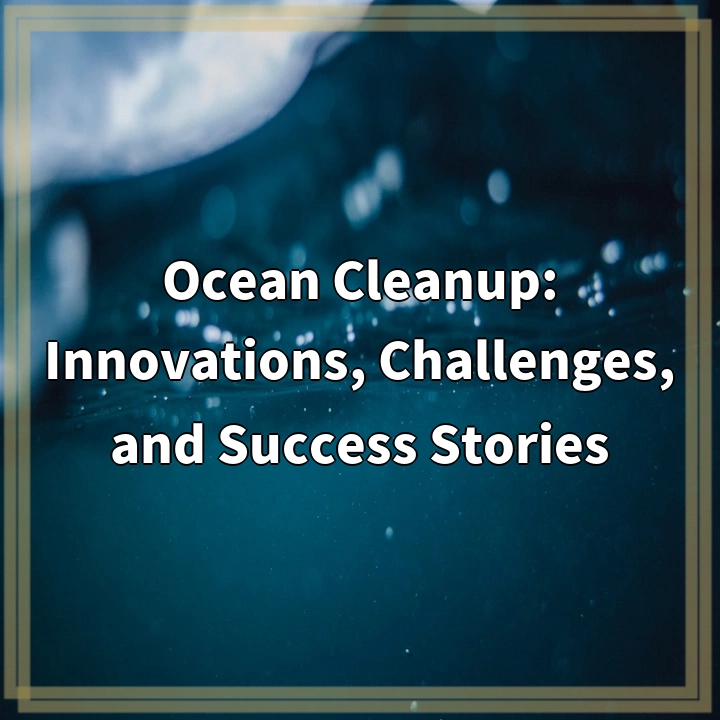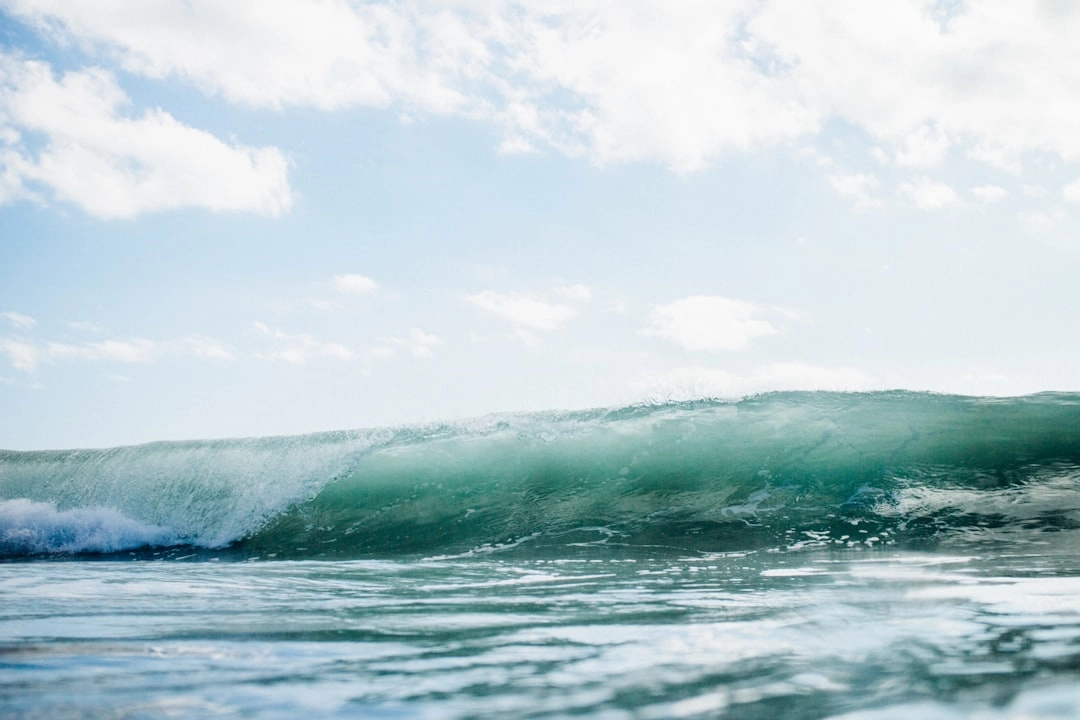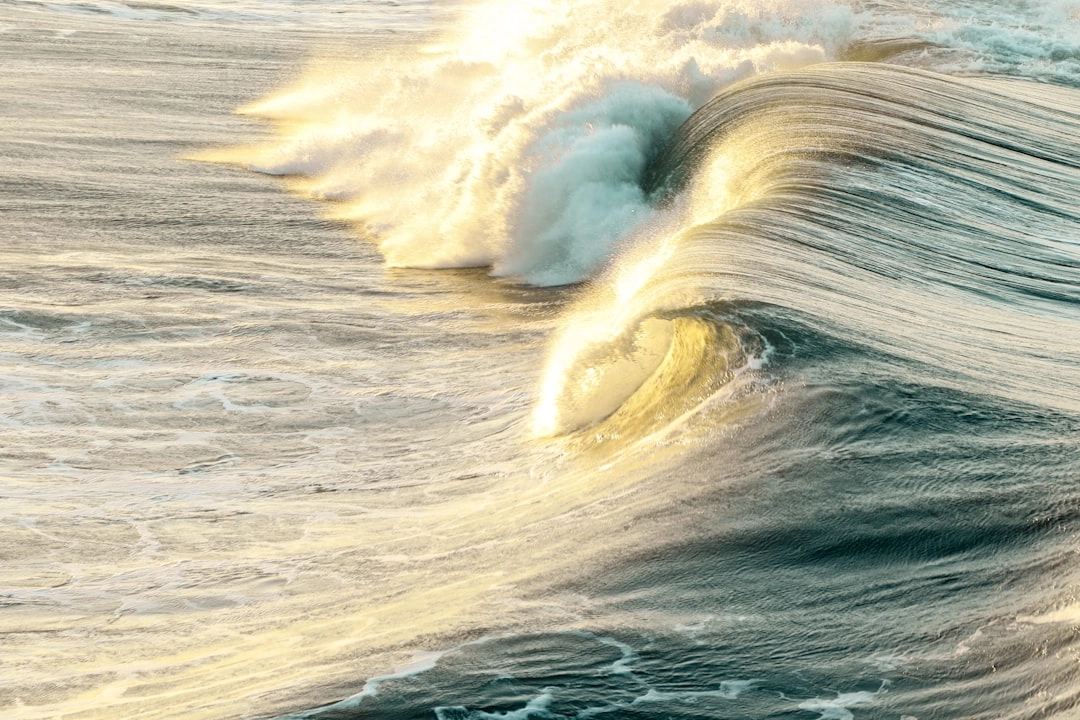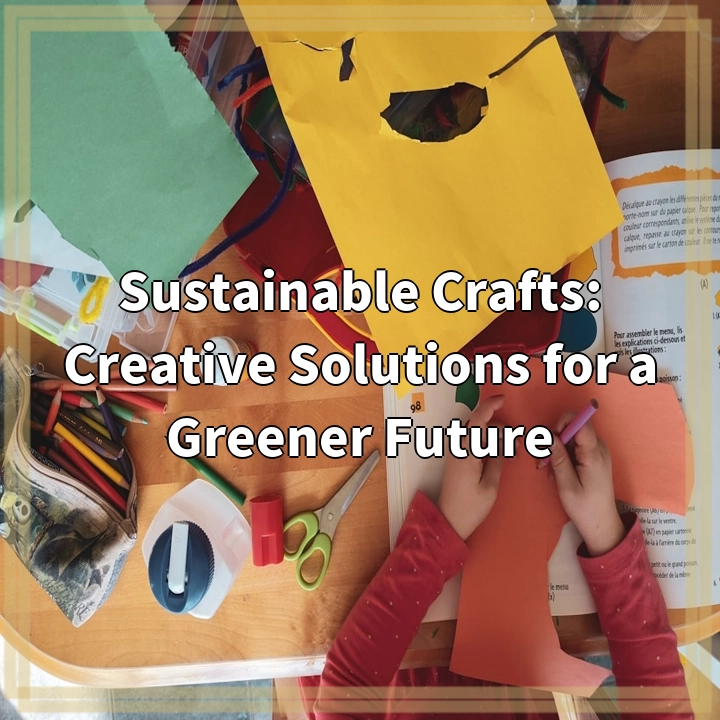
What it is:
The Ocean Cleanup is a non-profit organization founded by Boyan Slat in 2013, with the mission to rid the world’s oceans of plastic pollution. Utilizing innovative technology, the organization focuses on developing systems to capture and remove plastic debris from the ocean and rivers before it reaches the open sea. Their flagship project involves a series of floating barriers designed to gather plastic in high-density areas, particularly in the Great Pacific Garbage Patch, as well as projects aimed at intercepting waste in rivers worldwide.
Innovative Technology
At the core of The Ocean Cleanup’s strategy is its unique design of floating barriers and cleanup systems that use natural ocean currents to collect plastic waste. By combining engineering with environmental science, they have developed systems that can passively gather debris, which is then collected and processed for recycling. This innovative approach positions The Ocean Cleanup as a pioneer in large-scale ocean cleanup efforts.
Achievements
Since its inception, The Ocean Cleanup has made significant strides in proving the viability of its technology. They have successfully conducted a series of pilot tests and have deployed their systems in the ocean, demonstrating their ability to capture plastic efficiently. The project has gained international attention and support, highlighting the importance of addressing ocean pollution.
Real-world problems
While the mission of The Ocean Cleanup is commendable, there are several significant real-world problems associated with tackling ocean pollution:
Complexity of Ocean Pollution
The vastness and complexity of ocean pollution pose immense challenges. Plastic debris is not only found in large garbage patches but is also dispersed across the ocean in smaller particles, known as microplastics. This makes it difficult to quantify and clean effectively. In addition, marine ecosystems are impacted in ways that may not be immediately visible, leading to complications in assessing the overall health of the oceans.
Logistical Challenges
The logistics of deploying and maintaining cleanup systems in the ocean are fraught with difficulties. Environmental factors such as weather, waves, and currents can hinder operations. Furthermore, gathering the removed plastic and processing it for recycling introduces additional challenges related to transportation and infrastructure, especially in remote regions.
Policy and Regulatory Barriers
Efforts to clean the oceans must be supported by effective international policies and regulations. The Ocean Cleanup faces regulatory challenges in various countries, including obtaining permissions for their technologies and ensuring compliance with local laws related to marine navigation and conservation.
Education and Awareness
Addressing ocean plastic pollution requires global awareness and education about the issue. The cleanup efforts must be complemented by initiatives to reduce plastic consumption and improve waste management practices. Without a collective commitment from individuals, businesses, and governments, successful remediation of ocean pollution is challenging.
Environmental Impact of Cleanup Efforts
While the aim of removing plastic from the ocean is beneficial, there can be unintended consequences of such interventions on marine ecosystems. The extraction processes may disturb marine habitats, harm wildlife, or inadvertently remove non-plastic materials that are critical to local ecology. Therefore, it is vital to ensure that cleanup methods are sustainable and environmentally friendly.

Solutions to Ocean Cleanup Challenges
To effectively address the real-world problems associated with ocean cleanup, several solutions and strategies can be implemented:
Enhanced Cleanup Technologies
Continued investment in advanced cleanup technologies is essential. The development of more efficient and adaptable systems can significantly improve the efficacy of plastic collection efforts. Innovations that cater to different oceanic environments, such as systems designed for microplastics, will enhance overall cleanup capabilities.
International Collaboration
Global cooperation among nations, non-profit organizations, and businesses is vital for creating comprehensive policies to combat ocean pollution. Collaborative efforts can lead to standardized regulations and more effective resource sharing, enabling better management of cleanup initiatives.
Public Education and Awareness Campaigns
Raising awareness about ocean pollution and promoting sustainable practices can drive community engagement and action. Educational campaigns should focus on the impact of plastic waste, the importance of recycling, and ways to reduce plastic usage in daily life, empowering individuals to make informed choices.
Robust Waste Management Systems
Investment in efficient waste management infrastructure is critical for preventing plastic from entering the oceans in the first place. Governments and local authorities should prioritize recycling programs, waste reduction initiatives, and community clean-up events to create a more sustainable ecosystem.
Regular Environmental Assessments
Conducting routine assessments of marine environments will help identify the impact of cleanup efforts on local ecosystems. By monitoring wildlife and habitat health, organizations can adjust their strategies to minimize disruption and ensure that cleanup operations are sustainable and effective.
Engaging the Community
Involving local communities in cleanup initiatives fosters a sense of ownership and responsibility for environmental protection. Community-led programs can inspire collective action and develop stewardship for natural resources, ultimately leading to greater long-term success in ocean protection efforts.















